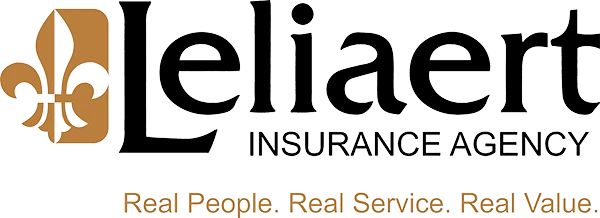February 3, 2022

The role of landlord comes with understood risks — unexpected maintenance, delinquent tenants, payment problems, damage to units and more.
Landlords seeking an extra layer of protection against potential litigation should consider an umbrella policy for their rental properties.
An umbrella policy includes additional liability coverage above the policy limits of the personal liability protection offered in homeowners, auto, motorcycle and watercraft policies. Umbrella insurance policies also cover claims usually not covered from standard insurance policies, such as dog bites, false arrest, slander, libel, malicious prosecution or mental anguish lawsuits.
Possible scenarios where umbrella insurance may benefit a landlord include:
- A person is injured on a landlord’s vacant property
- A person is injured in a communal area such as a lobby or stairwell
- A former resident enters a property because the landlord didn’t change the locks
- A person is injured by a landlord’s property in the unit, such as a loose handrail or carbon monoxide poisoning from appliances
- A tenant sues for wrongful entry
It’s recommended landlords also require tenants to hold renter’s insurance, ensuring tenants are protected against liability claims and costs aren’t passed to the landlord. Some insurance companies will offer an umbrella policy as an add-on to landlord insurance, which typically covers property damage and liability up to a determined limit; an umbrella policy would raise that limit.
What is not covered under an umbrella policy?
Most personal umbrella policies will not cover liability sustained in business or professional settings; that requires business liability insurance. If a landlord operates a rental unit under a business entity, a personable umbrella policy may not be appropriate.
Speak with a Leliaert Insurance Agency staff member today to help you determine the best fit for your coverage needs.
